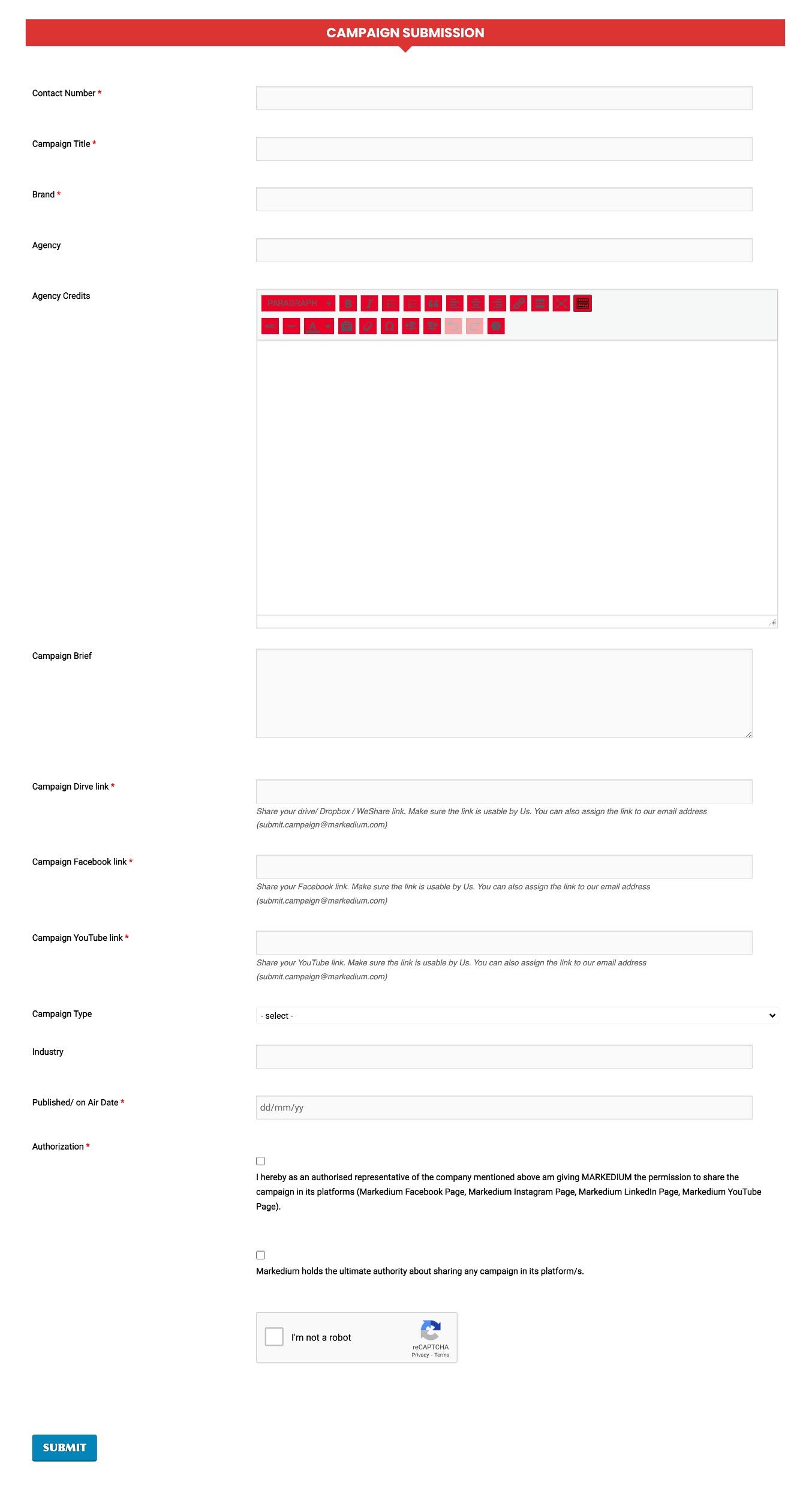
Caring About The SDG Goals Is A Must To Win The Future Customers, Here’s Why5 min read
As the world becomes increasingly interconnected and interdependent, businesses have a unique opportunity and responsibility to make a positive impact on society and the environment. One way that brands can do this is by aligning their operations with the United Nations’ Sustainable Development Goals (SDGs).
The SDGs are a universal call to action to end poverty, protect the planet, and ensure that all people have the opportunity to live peaceful, healthy, and prosperous lives. There are 17 goals in total, ranging from zero poverty and zero hunger to clean water and sanitation, affordable and clean energy, and responsible consumption and production. By adopting and prioritizing these goals, businesses can not only contribute to global development and sustainability but also build a more robust and resilient business ecosystem for the future.
Read more: Will AI Destroy The Future Jobs in Marketing? Here’s What The Future Awaits
One key reason that brands should consider the SDG factor is that consumers are increasingly demanding it. A recent survey found that 72% of consumers expect companies to take a stand on social and environmental issues, and 64% are more likely to buy from a company that supports a good cause. By incorporating the SDGs into their operations and messaging, brands can demonstrate their commitment to social and environmental responsibility, which can lead to increased customer loyalty and brand credibility.
Another reason to consider the SDG factor is that it can drive innovation and growth. By setting ambitious sustainability goals, companies can spur creativity and collaboration within their organizations and supply chains, leading to the development of new products, services, and business models that address global challenges. This can not only help companies stand out in the marketplace, but also position them as thought leaders and partners in driving social and environmental progress.
Read more: BAT Bangladesh Wins The Aces Award 2022
However, it’s important to note that the SDG factor is not just about corporate social responsibility (CSR) initiatives or philanthropy. It requires a holistic and integrated approach to business operations, from sourcing and production to distribution and consumption. Brands must consider the full lifecycle of their products and services, and aim to minimize their environmental footprint while maximizing their positive social impact. This can involve adopting eco-friendly practices, such as reducing greenhouse gas emissions, conserving water and energy, and using sustainable materials. It can also involve engaging with and supporting local communities, promoting diversity and inclusion, and providing fair wages and working conditions for employees.
There are several reasons why customers tend to prefer brands that are environmentally conscious:
- Personal values: Many consumers today place a high value on environmental sustainability and are willing to pay a premium for products that align with their values. By choosing brands that prioritize the environment, customers feel like they are making a positive impact and contributing to a better world.
- Quality: Brands that are environmentally conscious often prioritize the use of natural, sustainable materials and processes, which can result in higher-quality products. Customers are willing to pay more for products that are made with care and attention to detail, and that they know will last longer.
- Social responsibility: Consumers today are increasingly aware of the impact that their purchasing decisions can have on the world around them. By choosing brands that are socially and environmentally responsible, customers feel like they are supporting companies that share their values and are making a positive difference in the world.
- Brand loyalty: Customers who appreciate a brand’s environmental commitment are often more loyal to that brand and are less likely to switch to a competitor. By demonstrating a commitment to sustainability, brands can build a loyal customer base that will continue to support their products and mission.
- Positive brand image: Brands that are environmentally conscious often have a positive image in the minds of consumers, which can lead to increased brand awareness and recognition. Customers are more likely to recommend and share products from brands that they view as responsible and socially conscious.
It’s true that many younger consumers, particularly those in the Gen Z demographic, place a high value on environmental sustainability and are more likely to choose brands that align with their values. According to a survey conducted by the global market research firm Ipsos, 83% of Gen Z respondents said that they would be willing to pay more for products that are environmentally friendly, and 69% said that they would choose a brand that is environmentally conscious over a competitor’s product.
Gen Z is also more likely to engage with brands that are transparent about their environmental practices and proactive in addressing sustainability challenges. This includes not only reducing their environmental footprint but also supporting environmental causes and advocacy efforts. By demonstrating a commitment to sustainability, brands can appeal to younger customers and build long-term loyalty and brand recognition.
It’s worth noting that while Gen Z is often considered to be more environmentally conscious than other generations, this is not a hard and fast rule. Many consumers of all ages are concerned about the environment and are willing to pay more for products that align with their values. However, it is clear that younger consumers, particularly Gen Z, are more likely to prioritize environmental sustainability and are willing to make purchasing decisions based on this factor. Brands that are able to effectively communicate their environmental commitment and demonstrate a track record of sustainability will be well-positioned to win the loyalty of future customers.
Overall, customers are drawn to brands that are environmentally conscious because they align with their personal values, offer high-quality products, demonstrate social responsibility, and have a positive brand image. By prioritizing the environment, brands can not only appeal to customers but also build a sustainable and successful business for the long term. Ultimately, the SDG factor is about creating long-term value for all stakeholders, including customers, employees, shareholders, and the planet. By building a sustainable business ecosystem that prioritizes the SDGs, brands can not only do well financially but also contribute to the greater good and create a better future for all.
For more updates, be with Markedium.


